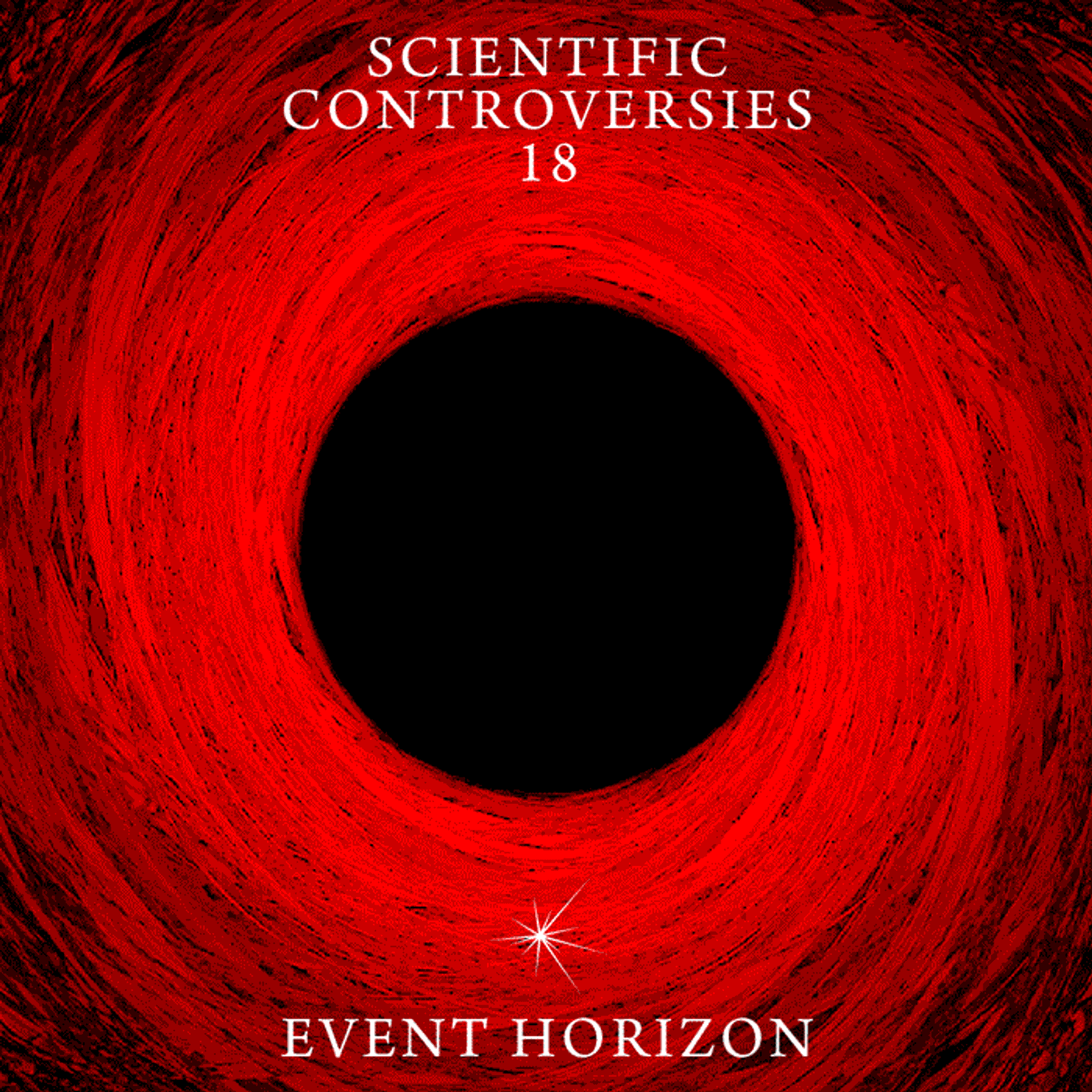
Scientific Controversies
No. 18: Event Horizon
Black holes could have been relegated to mathematics and remained a physical absurdity. They were the outcome of a thought experiment, a fantastical imagining. Imagine matter crushed to a point. Don’t ask how. Just imagine that. But nature thought of a way to make them by killing off massive stars. These dead stars collapse under their own weight so catastrophically that even light gets dragged down the hole, casting a shadow on the sky. That shadow is the event horizon, left behind while the stellar material continues to fall to an unknown fate. For the first time in human history, we have seen a black hole. The image was captured by Event Horizon Telescope, a composite telescope the size of the whole Earth.
Director of Sciences Janna Levin invites Dr. Sheperd Doeleman, Director of the Event Horizon Telescope, and theoretical physicist Prof. Andrew Strominger to consider the staggering implications of event horizons from astrophysics to the theory of everything.
Join us after the conversation for stargazing with the Amateur Astronomers Association of New York in the garden and DJ Black Helmet’s set of rare grooves.
Sheperd Doeleman is the Director of Event Horizon Telescope and the Assistant Director for Observation at Harvard’s Black Hole Initiative.
Andrew Strominger is a theoretical physicist and Director of Harvard’s Center for the Fundamental Laws of Nature.
This project is supported by Science Sandbox, a Simons Foundation initiative dedicated to engaging everyone with the process of science.
